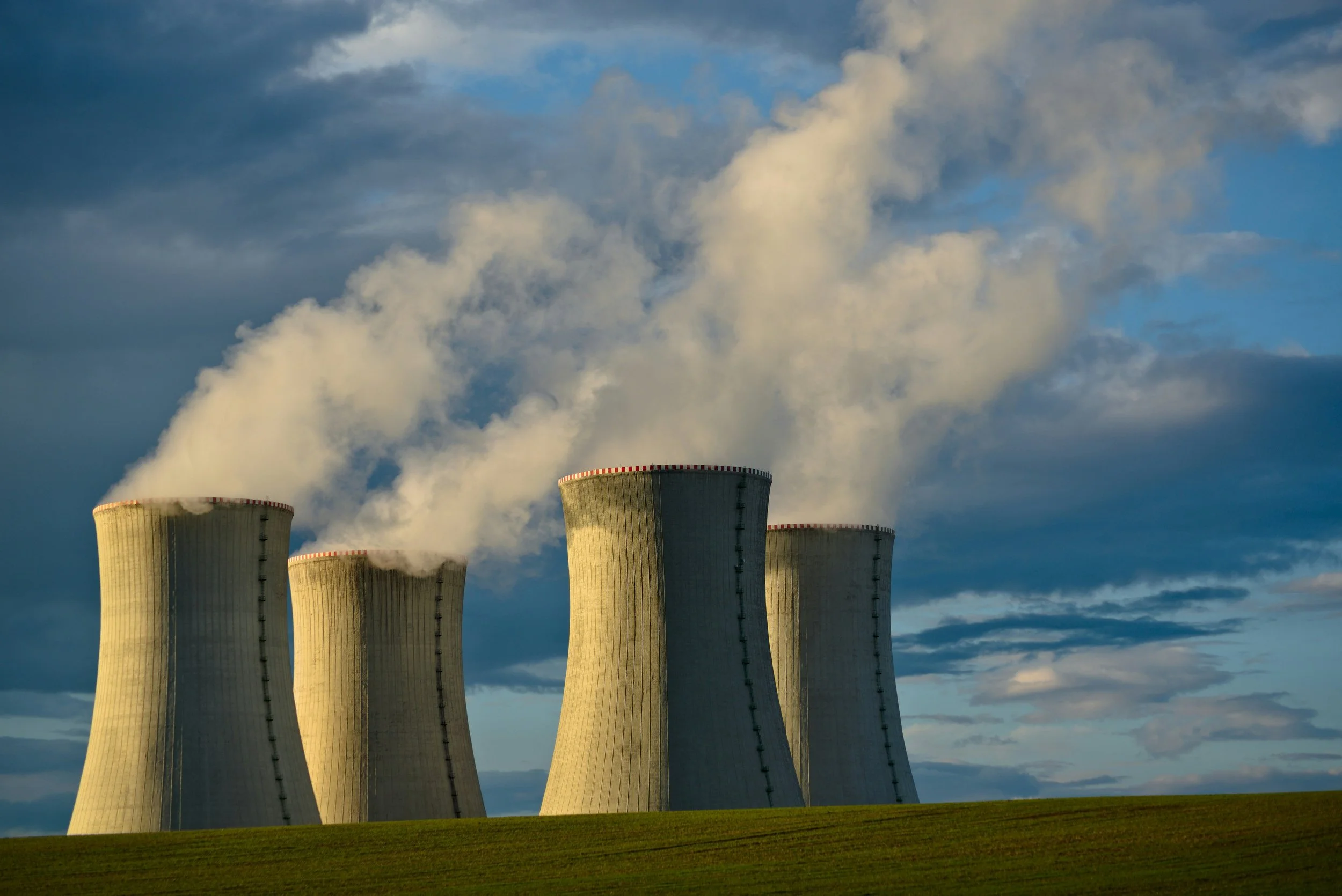CLIMATE
Sustainable Development and Nuclear Energy
Originally published in Climate Link Sustainability Forum Journal on May 28th, 2024
Georgios Laskaris
The European Commission's goals through the Green Deal to reduce greenhouse gas emissions by at least 55% by 2030 (compared to 1990 levels) and achieve climate neutrality by 2050, combined with ensuring the much-needed energy security, require the use of all available green zero-emission technologies in production. Green technologies include renewable energy sources (RES), hydrogen, and nuclear energy (as per Article 3 of the proposed Net Zero Industry Act).
Greece is on the right track to reducing greenhouse gas emissions, but this path is not without obstacles. The increasing demands for clean baseload power and the unstable geopolitical environment urgently raise the discussion about the role of nuclear energy in Greece's path to decarbonization.
Nuclear energy in its traditional form (large power plants of 1 GW) is unlikely to play a significant role in the country's energy transition, mainly due to the high upfront capital costs and the long completion times for such massive projects. Other alternative forms of nuclear energy suitable for Greece have recently come to the forefront: Small Modular Reactors (SMRs) and microreactors, technologies developed over the past 10 years, will soon be available for field use.
These new types of reactors have smaller capacities (up to 300 MW), can be built in a factory, and then transported and commissioned at their final location. They were initially designed to exploit economies of scale in production, and their main advantages are summarized below:
Zero carbon emissions
Reduced upfront capital costs and shorter project completion times compared to large nuclear power plants
Continuous, cheap, and reliable baseload power production - one of the few green technologies that can provide baseload power
Decentralization of energy production since they can be used for clean hydrogen production, industrial applications, desalination, electrification of remote islands, etc.
Small land footprint and potential for reactor system expansion
Decoupling energy prices from oil prices, leading to more stable prices during external crises
Improved safety based on the inherent characteristics of the reactor and reduced risk of nuclear proliferation.
In the race for a fast and safe energy transition, Greece is not alone. Among others, the USA, through the Phoenix project, aims to accelerate the global transition to clean energy by converting lignite units (similar to the Greek units in Ptolemaida) into nuclear power plants with SMRs. The program already involves the Czech Republic, Poland, and Slovakia. The Phoenix program not only aims to develop advanced reactors but also prioritizes the retraining and retention of local jobs, something that Western Macedonia urgently needs.
Undoubtedly, nuclear energy can help Greece take a leading role in the energy transition and geopolitical developments in the Mediterranean region. However, any initiative requires public support and broader political consensus for its implementation.

